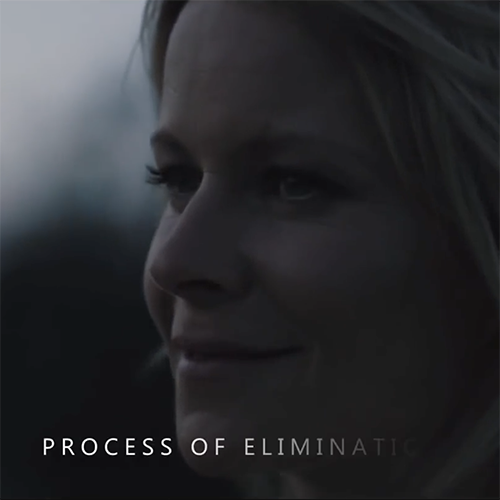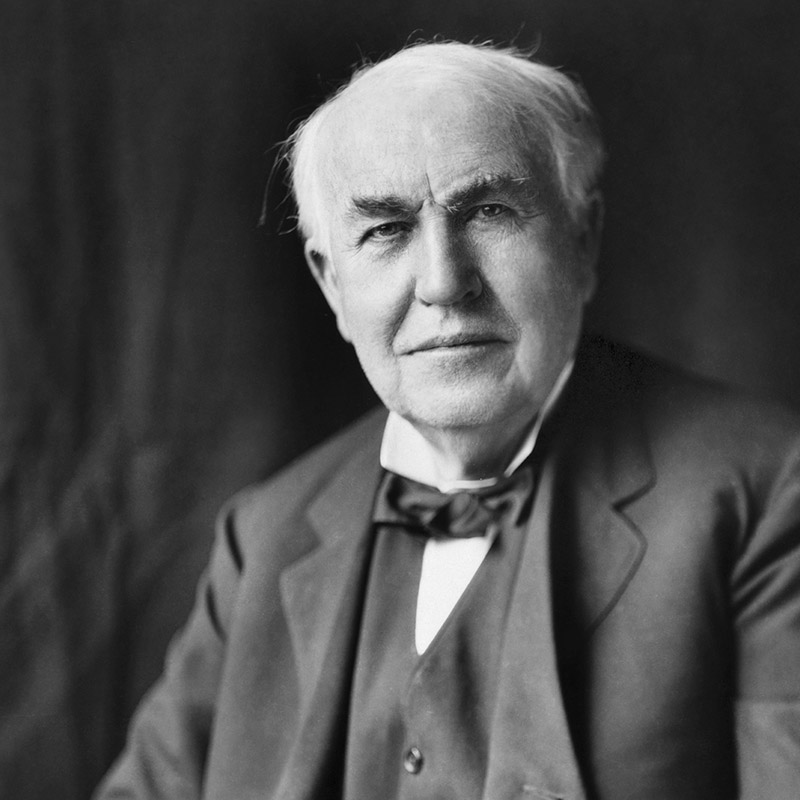In “The Wisdom of Insecurity”, the philosopher Alan Watts writes about the Law of Reversed Effort: “When you try to stay on the surface of the water, you sink; but when you try to sink, you float.”
On several occasions, I’ve come to realize that vulnerability can be transformed into an asset!
– Several years ago, a group in my building wanted to reshape their business strategy and was looking for a provider to support them. They asked me if I’d already got that kind of experience. I told them, truthfully, no, but they finally chose me because they preferred my sincerity and openness to the more rigid solutions offered by competitors.
– A pharmaceutical laboratory specializing in diabetes wanted to improve its e-learning modules to help its representatives better interact with doctors. As Montaigne put it, “rather a well-made than a well-filled head.” I told them that going with me would represent a different choice from their previous projects and would improve the impact they sought, thus establishing a link with the purpose of their consultation and my involvement. And that worked!
– A corporate beverage supplier entrusted me with a project I supported from the back of a taxi, travelling to the airport after a training course. They understood that, unlike larger organizations, I was willing to personally muck in and get my hands dirty.
As Tina Turner said, “We do not need a Hero” and, for that matter, superheroes also have their flaws. It’s precisely because Daredevil is blind that he’s honed his other senses!
Even Navy seals don’t select their members based on top-level performance criteria, but on the ones that generate trust.
We shouldn’t seek to be straight-line perfect, but rather to be ourselves, curved lines whose flaws represent qualities in themselves.
And what about you? Can you share an anecdote of when insecurity has proven positive?
Virgil Benyayer







Partager cet article :


















